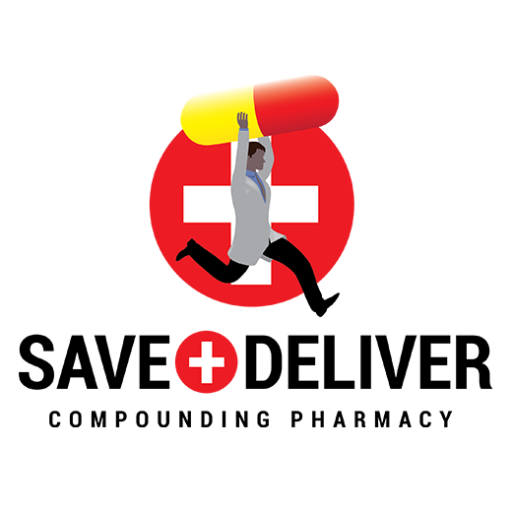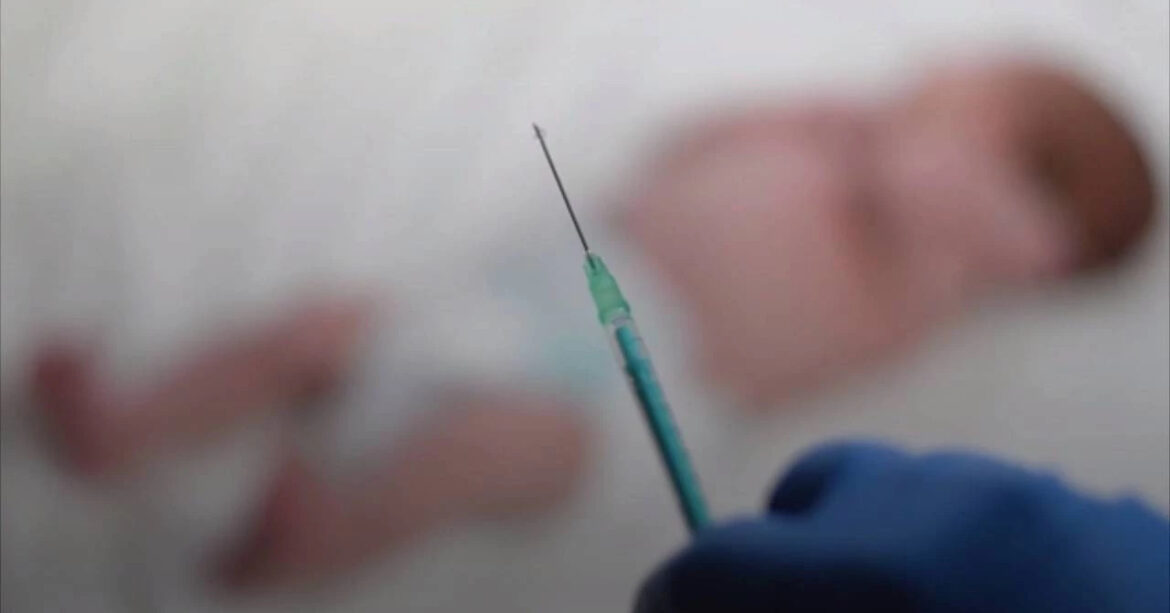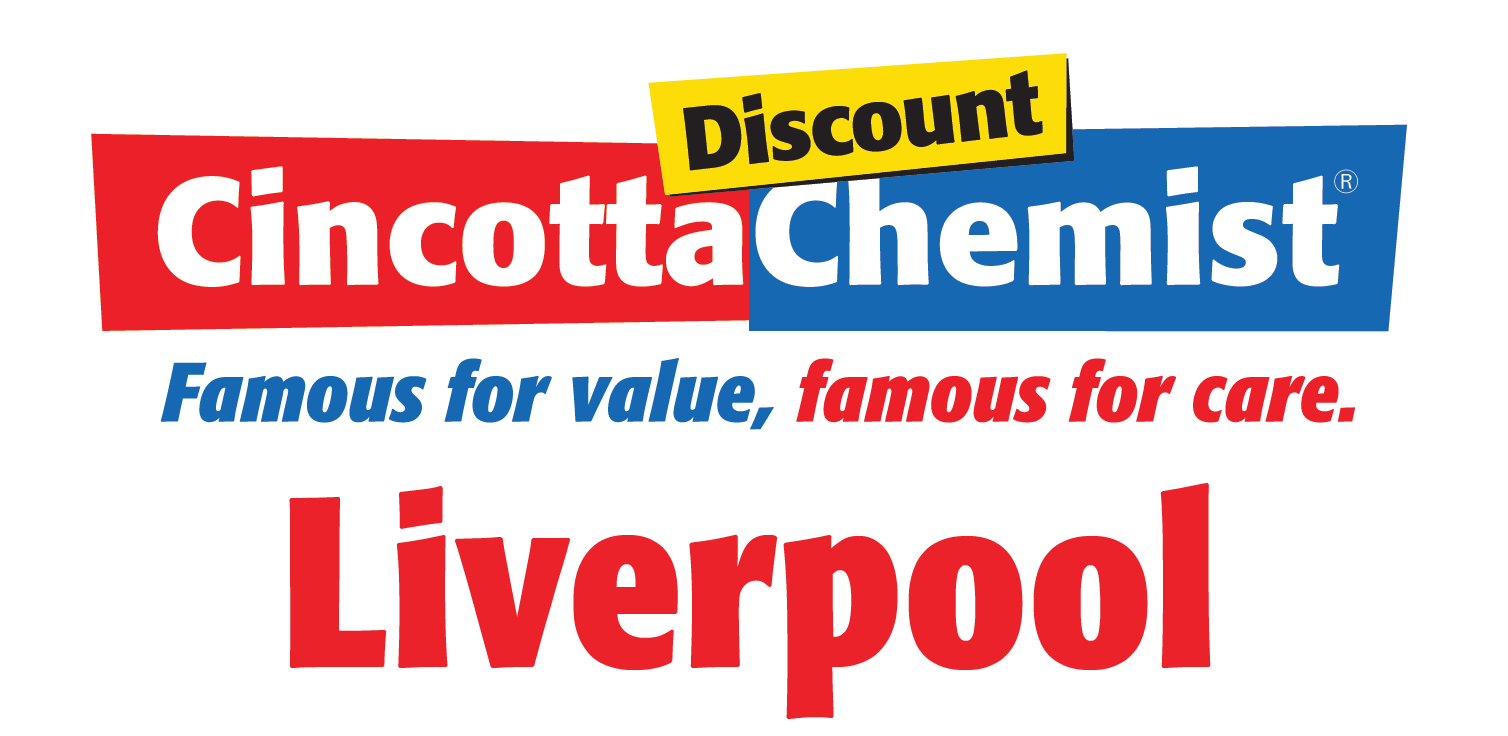7 Newborn vaccines your baby needs
“Clinical trials of COVID vaccines to begin from next month”
The world waited with bated breaths for the advent of COVID 19 vaccines when the pandemic started 2 years ago. With tragedies occurring all around the situation was quite melancholic but thankfully the vaccination programs were a success and people are able to protect themselves from the extreme effects of this disease.
The word vaccination has gained much more traction since 2020, even the people completely unaware of the meaning of the word vaccination too have learnt the word by heart. So basically vaccines work on the principle of inciting an immune response in the body of an individual by injection if some attenuated microorganism(causative agent) of that particular disease. Let us introduce you to the basics of the word immunity which is heard quite often on various advertisements and several other platforms as well. So, when a foreign boy enters your body response is triggered by our native body cells which are known as immune response.
So,why is vaccination important?
In layman terms, it is important to offer you protection against certain diseases. In this new era of preventive medicine, there has been a subsequent shift towards prevention of disease rather than its treatment post-occurrence.There are several highly contagious and ‘once a pandemic’ type of diseases treatment of which is mostly its prevention or more appropriately vaccination, such as polio, hepatitis B etc. Vaccines are administered at different ages, say for instance COVID 19 vaccines and Rotavirus vaccines are not the vaccines given at birth as they are more prone to side effects of vaccines.
So, here is a brief vaccination schedule for children. However, you should always consult your doctor prior to getting your child vaccinated.
1. Hepatitis B vaccine(Intramuscular): Ideally it is recommended to get your newborn administered with her/his first shot of hepatitis B vaccine within 24 hours of birth. As it reduces the risk of your child being infected with the disease in case you have a family history of hepatitis B.
Second dose should be given 1-2 months after the newborn shot.
2. OPV(Oral Polio Vaccine) Birth dose– At birth or as early as 15 days of birth. This is administered in order to prevent polio which is caused by the Poliovirus which affects the immune system thus resulting in paralysis of body parts.
3. DPT vaccine: Diphtheria pertussis tetanus vaccine is used for active immunisation of children up to age 7 years against diphtheria, tetanus, and pertussis (whooping cough) simultaneously
4. Haemophilus influenzae type B vaccine: This vaccine is injected at 2,4 and 6 months of age and is given in four doses. Older children and adults usually do not need a Hib vaccine, unless they have certain medical conditions.
5. PCV(Pneumococcal conjugate vaccine): All infants younger than 24 months should receive four doses of the vaccine, the first one at 2 months. The next two shots should be given at 4 months and 6 months, with a final booster that should be given at 12 to 15 months
6. RV(Rotavirus vaccine): Rotavirus spreads easily among infants and young children. The virus can cause severe watery diarrhea, vomiting, fever, and abdominal pain. Children who get rotavirus disease can become dehydrated and may need to be hospitalized. The last dose must be given before 8 months, 0 days of age because of concern about intussusception when given later.
7. MMR Vaccine(Measles mumps and rubella): It is recommended that all children get two doses of MMR (measles-mumps-rubella) vaccine, starting with the first dose at 12 through 15 months of age, and the second dose at 4 through 6 years of age.



